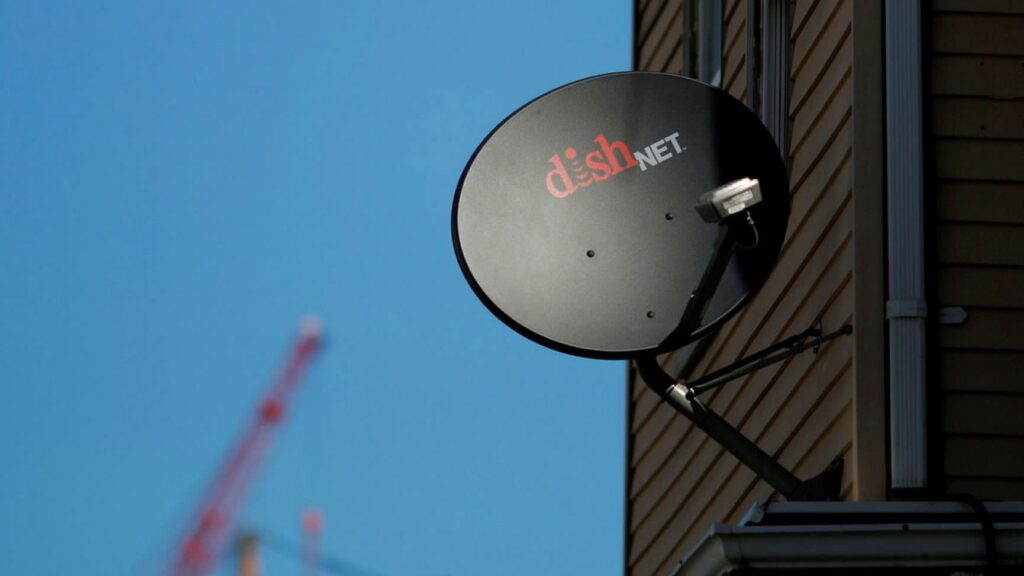US satellite company Dish taps Amazon for 5G launch


Dish Network has become the first telecoms company in the world to opt to run its entire network from the public cloud after striking a deal with Amazon to use its servers to control its new 5G network.
Dish, the satellite television company run by billionaire Charlie Ergen, will launch its 5G network in Las Vegas in the third quarter. It will run on AWS in what will be a landmark moment for the telecoms industry.
The Dish network will be a crucial test for a sector that has been reticent to move critical network functions to the public cloud from dedicated data centres.
Ergen said the move toward the public cloud and the use of smaller suppliers, known as ‘Open RAN’, are crucial to the US and UK attempts to regain a footing in the global telecoms market in the wake of crackdowns on the use of Huawei equipment in markets including the US and UK.
“It gives the US a chance to get back into a leadership position in telecoms. The best cloud providers in the world are in the US. Nobody writes better software than the US. And now with Open RAN we are able to use American suppliers for radio,” he told the Financial Times in an interview.
Dish is the fourth-largest participant in the US wireless market but it uses capacity on T-Mobile’s network for 4G services. The company intends to spend between $8bn and $10bn building its own 5G network and has spent $25bn on spectrum. Its licences require the company to connect 20 per cent of the US population to that network by June next year.
The Dish deal is a significant win for Amazon, which battled Microsoft and Google for the contract, according to Ergen. Large US technology companies have targeted the telecoms industry in the past two years as more telecoms functions have moved to the cloud.
Andy Jassy, who was promoted from head of AWS to chief executive of Amazon this year, said he expected more telecoms companies to follow Dish’s example over the coming years to focus their “scarce resources” away from in-house data centres and into network expansion and customer services.
“I think telcos increasingly want to move in this direction. They want to have the ability to not have to build and maintain everything themselves,” he told the Financial Times. He said the current network architecture was “expensive and slower than they’d wish” heading into 5G.
Amazon, like Microsoft, has long flirted with the telecoms sector. It tried and failed to enter the mobile handset market and has been linked with launching its own wireless brand in recent years.
Jassy said that the company was looking instead to partner with the telecoms industry via AWS as 5G and edge computing increased the need for processing power across a mobile network. “It’s going to be something a lot of other telco companies are going to try to move towards in the coming years,” said Jassy.
There has been scepticism in the wider industry about the use of public cloud for critical network functions. Dean Bubley, founder of Disruptive Analysis, said it was likely that the broader telecoms sector would move to the public cloud “in stages” as some parts of a network could not be “cloudified”.
Ergen remained optimistic that the AWS deal would stand it in good stead to succeed as a challenger to the established companies Verizon, AT&T and T-Mobile. “This is not our first rodeo,” he said of Dish’s big bet on using the public cloud.